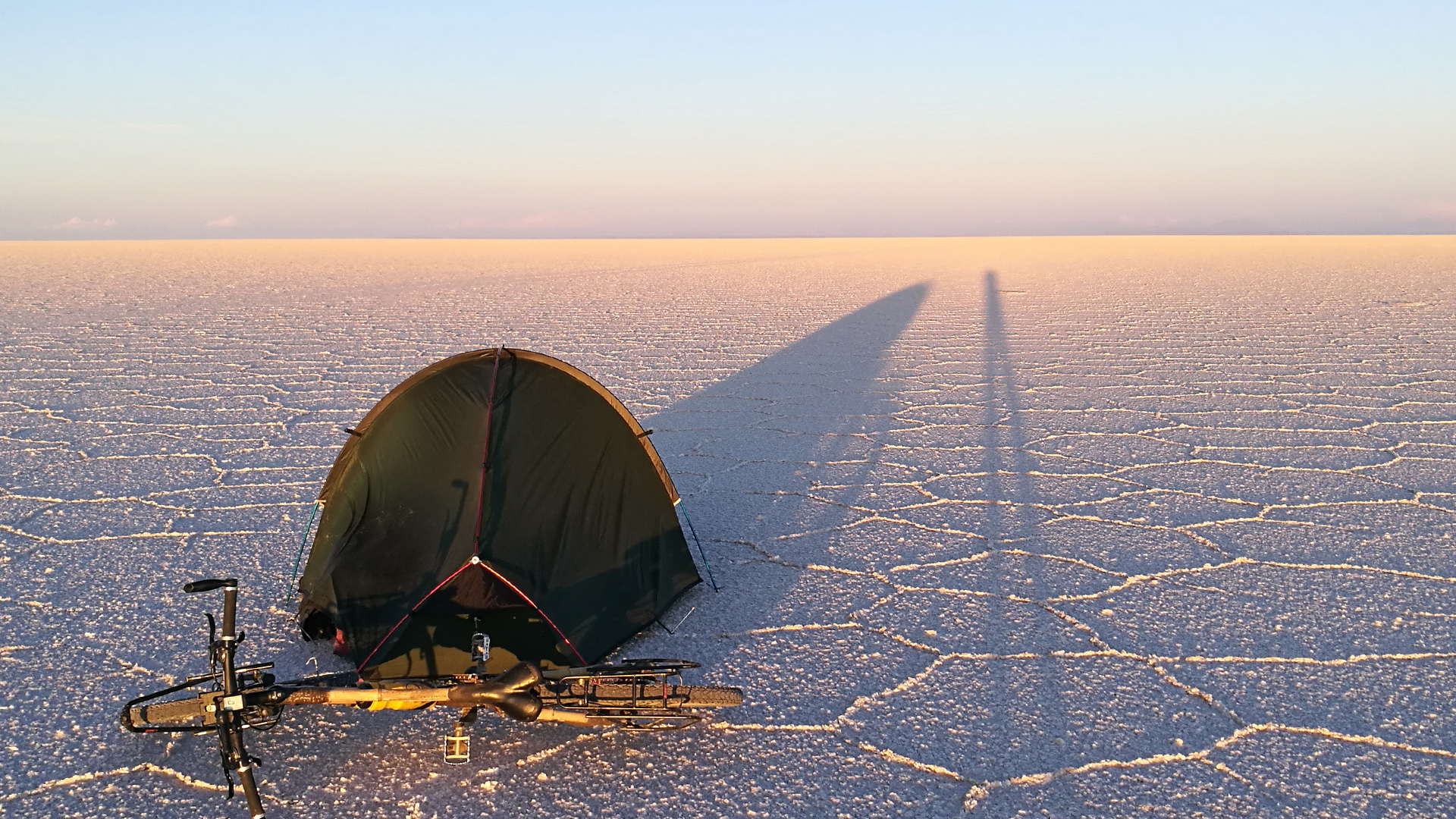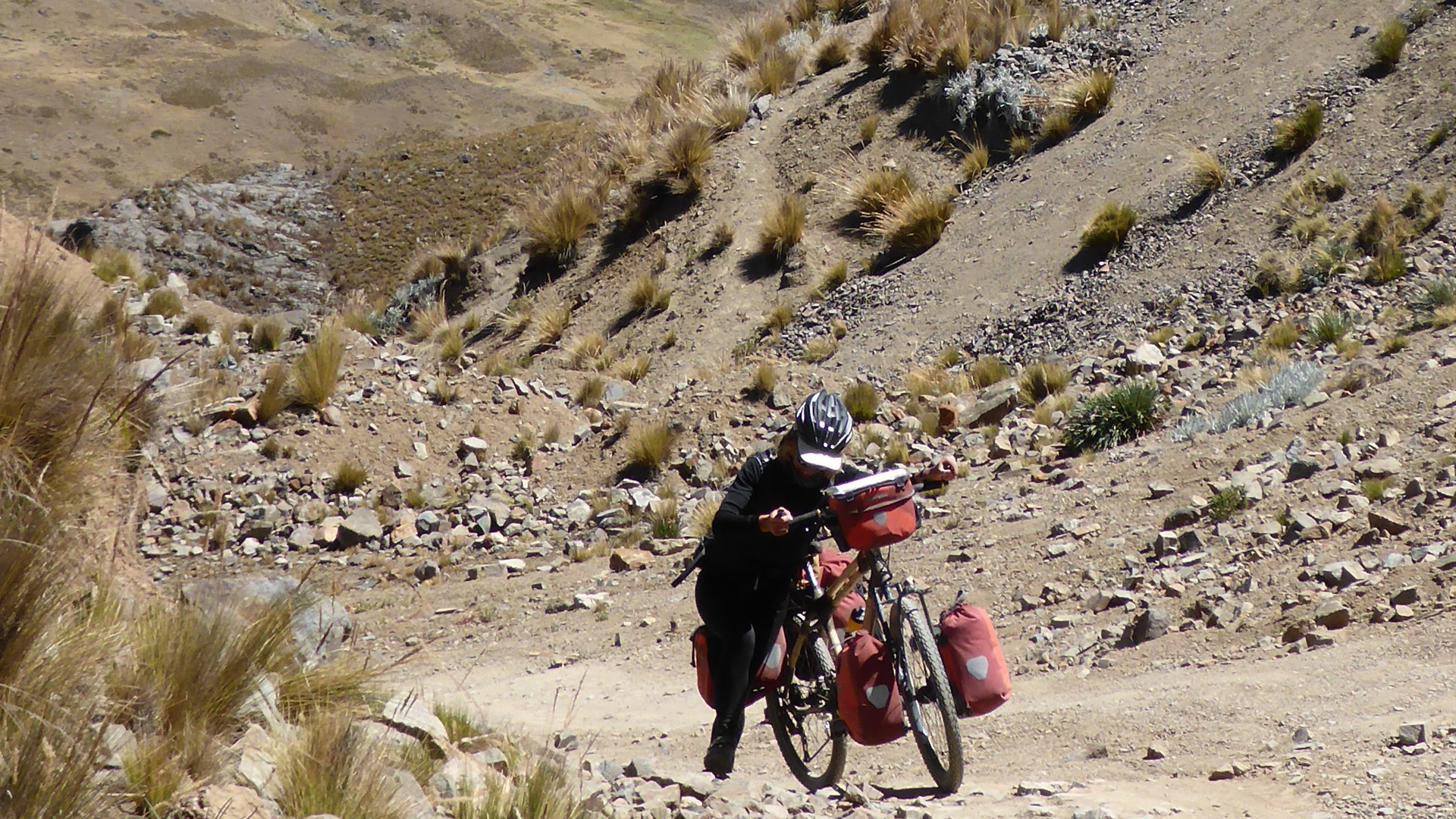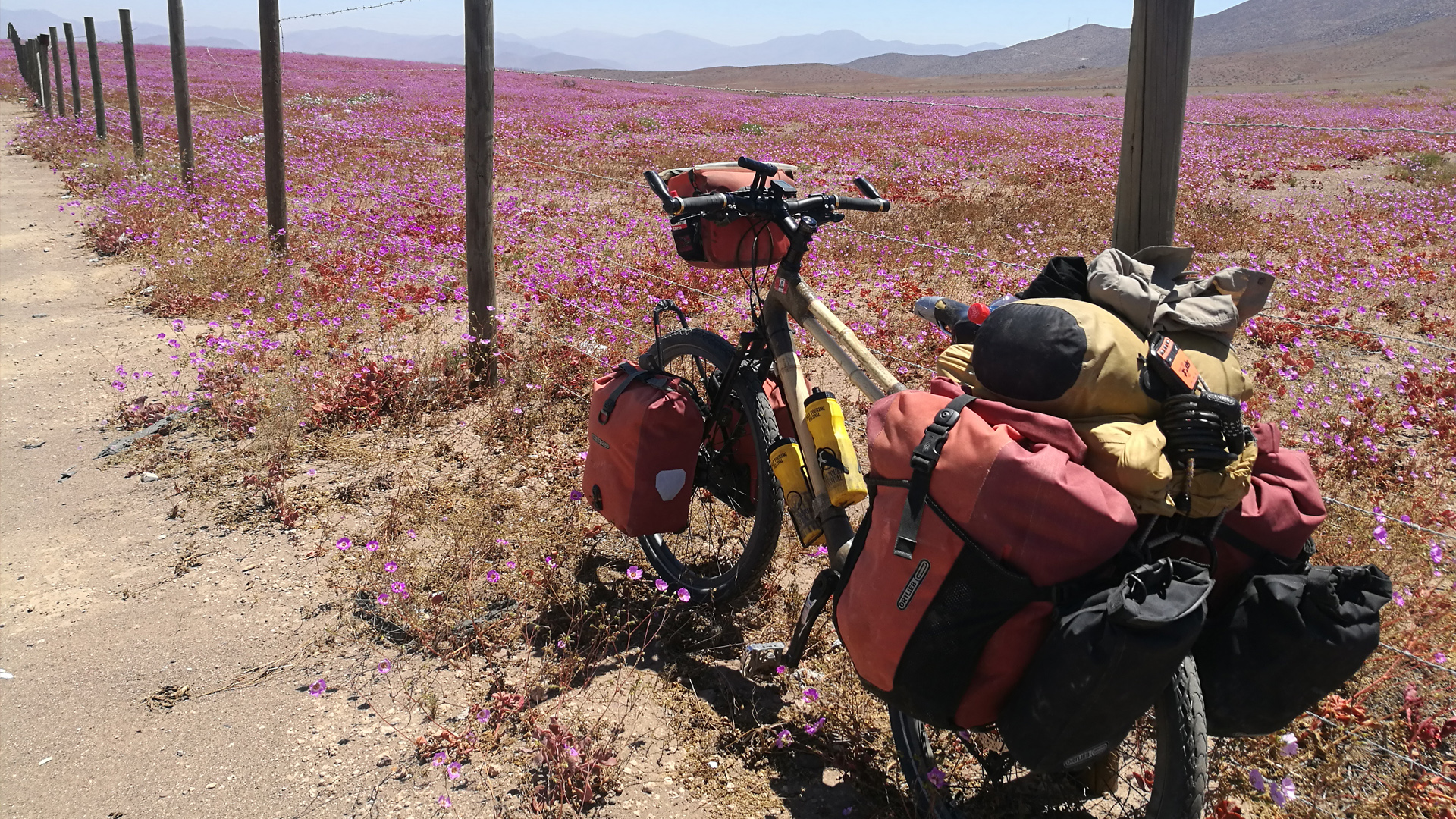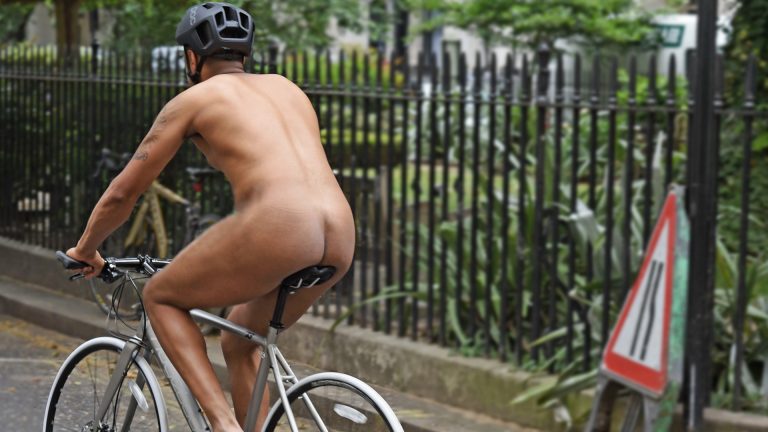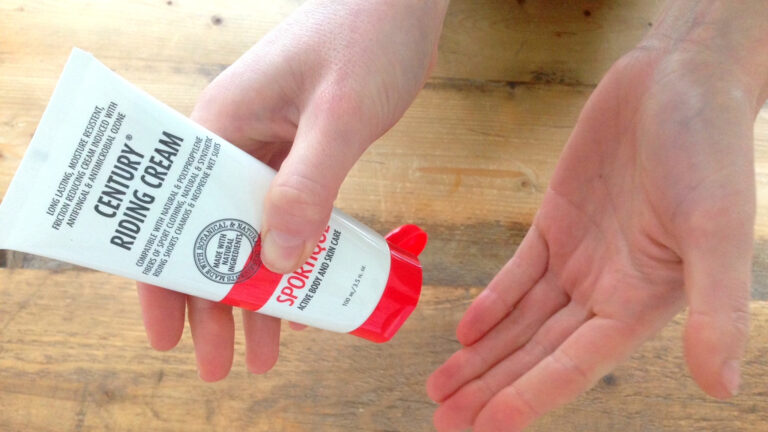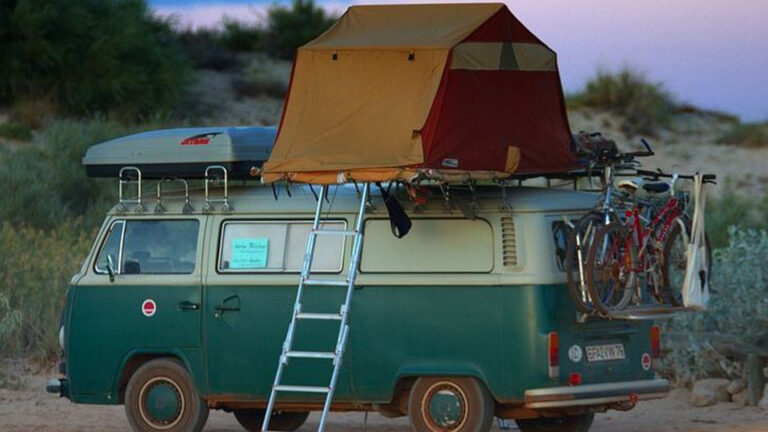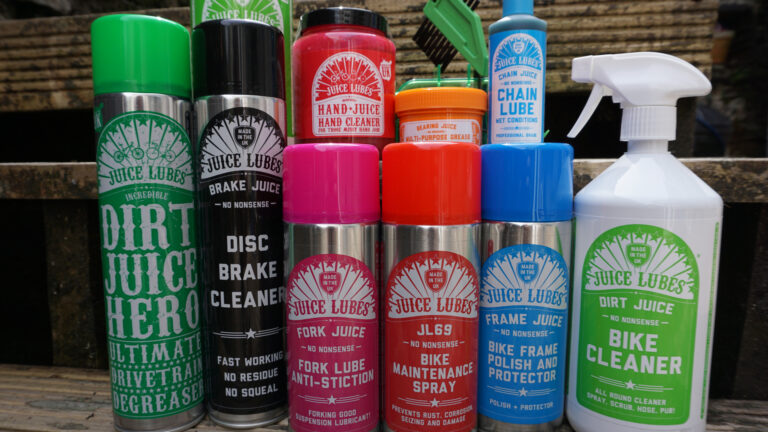Kate Rawles is fresh off a month-long cargo ship journey, having spent a year cycling the length of South America solo, on a bamboo bike called Woody that she built herself. Needless to say, when we meet in a coffee shop near Russell Street she has a lot to say in the short time we had.
A member of the Adventure Syndicate, Kate is no stranger to long-distance cycling. She previously cycled from Texas to Alaska, to raise awareness of climate change. This time, in South America, she explored environmental issues, meeting people standing up against a giant gold mining corporation, innovative conservation projects, rainforest and a turtle-themed school. She now plans to write a book about her adventure.
Kate Rawles: If I can cross continents on my bike, anyone can
How do you prepare for a year’s cycling? I ask.
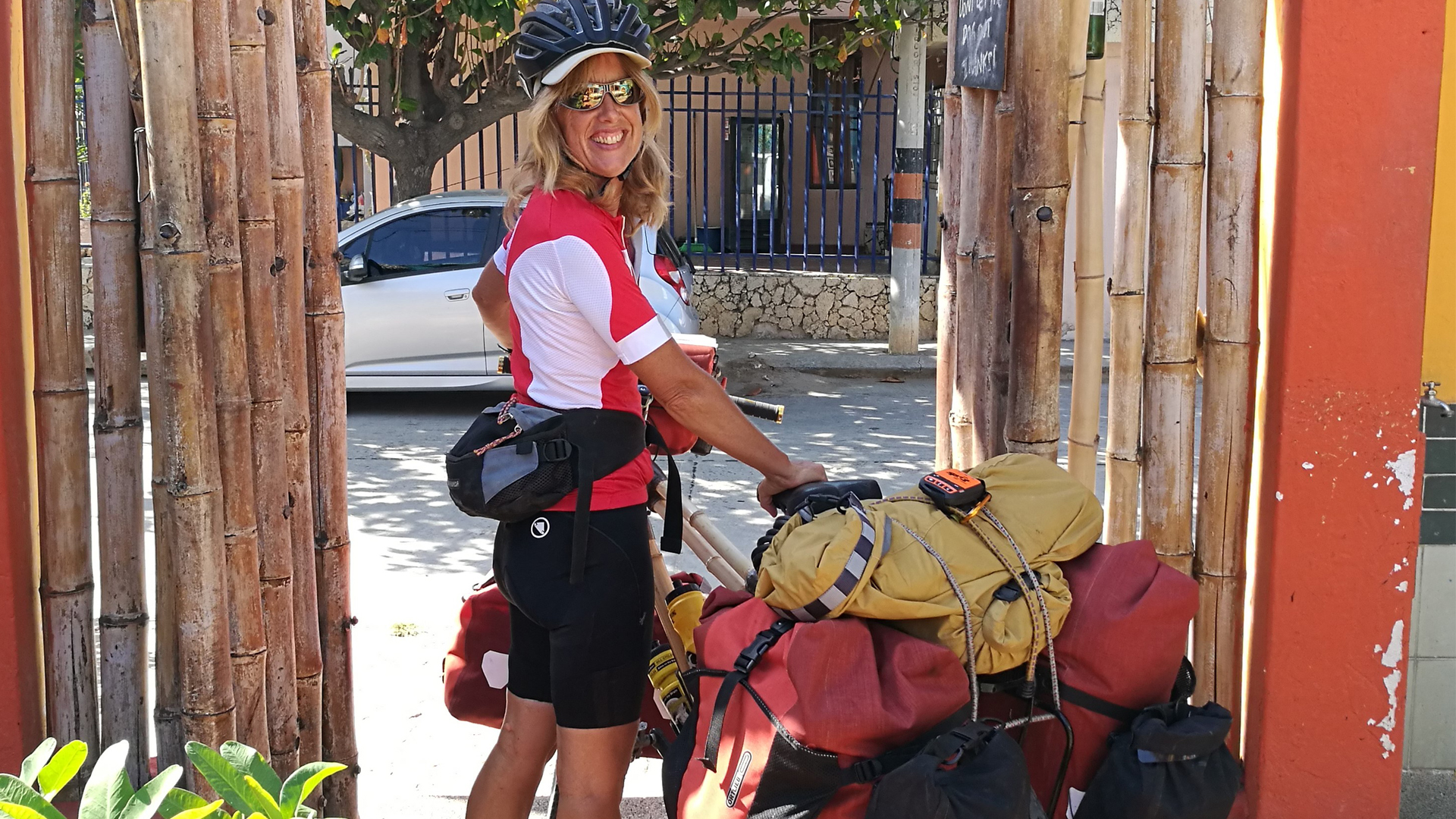
“I started cycling in pretty bad shape,” she says. Having trained for the 114 mile Fred Whitton Challenge in May, months before she left, she then got too busy preparing.
Then it was 13 days on the ship (because it’s less carbon intensive than flying) and five weeks off the bike exploring Panama and Costa Rica.
“It doesn’t really make a difference,” she says, “because you’ve got over a year to get fit.”
She finally set off at the end of January 2017, in the dry season.

